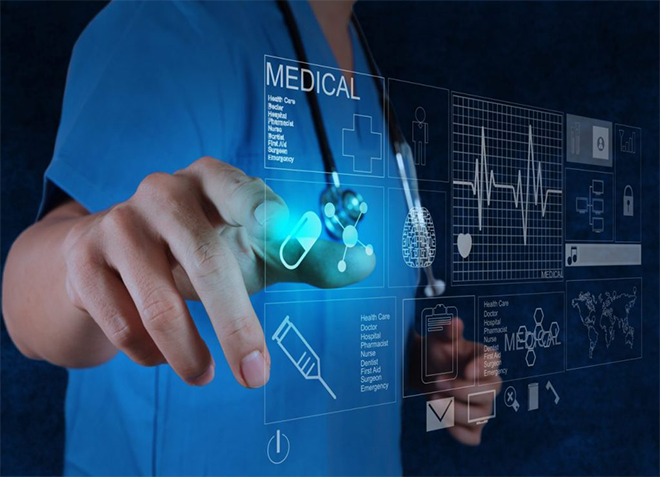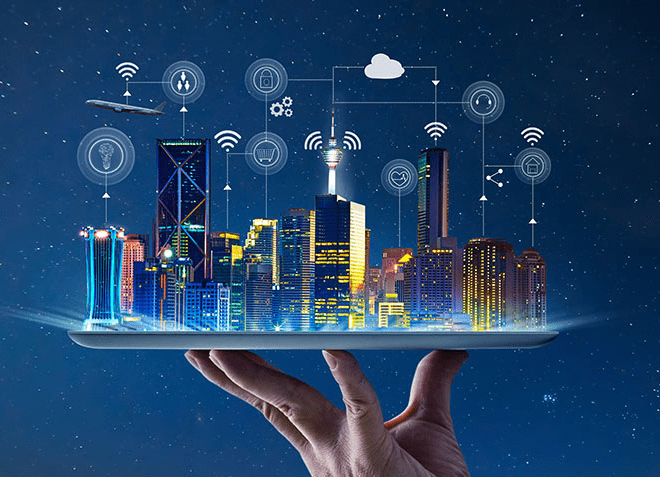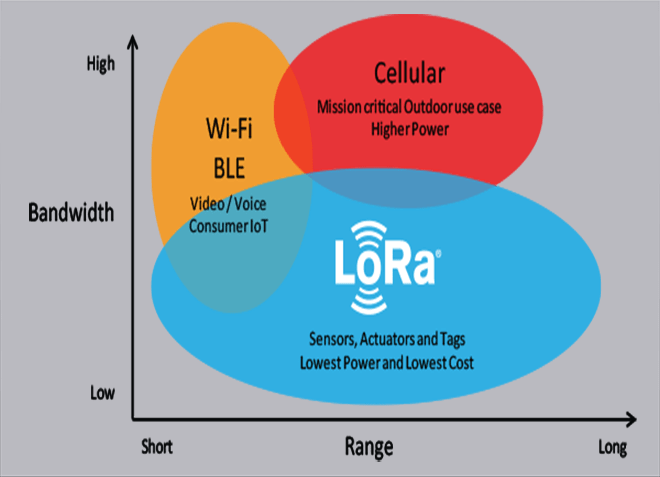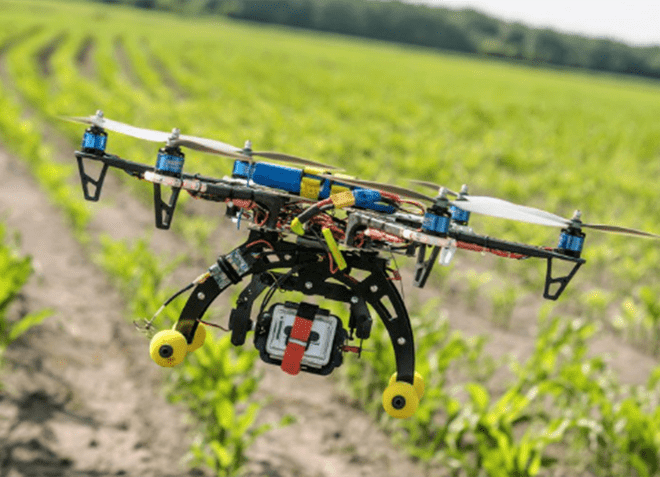The Internet of Things (IoT) is an evolving automation platform worldwide. IoT connects machines, objects, and humans digitally using a unique identity. It has the ability to transfer data over the network without the interaction of machine-to-human and vice versa. This connected technology improves the competitive edge of every enterprise by automating their work procedures.
Usage of IoT is not at all limited to niche segments. Though being utilized in many sectors, IoT applications in the Healthcare Sector are huge. The healthcare sector remains as one of the fastest sectors in adopting the IoT. The healthcare sector is witnessing a tremendous growth by integrating the IoT features into hospital equipment. With a primary intention on improving their patient’s outcome, the hospitals are increasingly putting investments in using IoT enabled medical equipment. According to market research conglomerates, it is expected that approximately $1 trillion of investments are going to put in availing Healthcare IoT Solutions.
In particular, IoT sensor products are offering high-level health monitoring solutions and services especially for elder and patients with chronic conditions. Early detections of various health parameter of a patient would be useful for analyzing the disease severity. And thus, an increased number of patient outcome is guaranteed through using IoT enabled medical devices.
Few of the Significant Use Cases of IoT Medical Devices in Healthcare Sector:
Remote Monitoring OperationsOne of the most widespread applications of IoT in healthcare is in remote health monitoring operations. It is also called as telehealth. Along with minimizing costs and eliminating the doctor’s visit, IoT medical equipment helps to improve the patient’s outcome with monitoring 24*7. For instance, Smart ECG Monitoring devices are engaged in monitoring ECG data and transferring capture graphs to personal health logs hosted on the web. The doctors on the other side, can view the patient’s logs and can guide proper treatment to their patients remotely.
IoT Devices Addresses Chronic DisordersPatients with chronic disorders are high worldwide. With the combination of wearable IoT devices, the next generation data analytics and mobile connectivity’s are expected to reduce the sudden death counts. These devices will give prior notifications to the doctors and thus proper clinical treatment is provided at the right time. IoT devices connect the wearable/ portable device to the cloud and analyze collected patient data in real time.
Tracks Diversified Assets of the HospitalIoT enabled asset tracking sensors offers high security to hospital assets.
Efficient Drug ManagementIoT is also used in developing a new form of prescription medicine. Pharma companies are engaged in developing pills comprising microscopic IoT sensors for ensuring proper dosage. Patients can access the information through a mobile app and can track and improve their health performance by consuming the required quantity of medicines.
IoT Ensures the Availability and Accessibility of Critical HardwareNot like traditional hospital environments, the modern hospitals require the next generation software and hardware to offer smart services to their patients. The new IoT-driven solutions offer high-level accessibility to hardware.
Reduces Emergency Room Waiting TimesApart from the medical expenses, visits for emergency room sometimes take hours to complete. Hospital in developed markets like the USA has effectively reduced nearly 50% of emergency room waiting times.
Accordingly, IoT Applications in Other Emerging Sectors:
The demand for smart IoT products is on the rise globally. Moreover, the demand for IoT products in India is increasing at a rapid pace. IoT service providers and IoT product manufacturers are highly focusing on designing smart IoT products which operate beyond their customer expectations. As aforementioned, the IoT is not restricted to a specific field, diversified sectors including healthcare, electronics, transportation, agriculture, construction, manufacturing and etc., are all significant industries which are highly adopting IoT technologies.
IoT in Manufacturing:Many production facilities and OEMs have been deploying automated IoT platforms and relying on IoT sensors to make their manufacture processes more efficient. Furthermore, the data captured can be utilized to identify and predict the machine failures and thus it improves the performance of the machinery over long-run.
IoT in HealthcareThe global healthcare sector is also a potential growth driver of IoT industry. Smart health products enable self-monitoring services and management of patient health. The IoT biometric devices can monitor vital signs of the patient’s health and send the captured information to the doctors for screening. In addition, the historic view of the patient’s health is also maintained using IoT enabled devices.
IoT in Energy SectorSmart energy grids are relying on IoT enabled devices for maintaining strong and reliable communication between the grid and the energy consumer. IoT enabled smart energy meters, ensure accurate readings based on load. Installation IoT sensors and devices in the energy sector save energy and reduce the carbon footprint.
Accordingly, crude oil and gas producers’ companies are highly deploying IoT devices for measuring drilling lines. The IoT devices optimize the process of upstream operations and reduce capital expenses.
IoT is also expanding into a next-level in the transportation sector. By implementing a GPS tracking system, IoT sensor enabled vehicles or moving assets tracked continuously through monitoring geographical coordinates. The smart vehicles can optimize traffic routes or avoid accidents.
IoT in Agriculture:To achieve high productivity and profitability, agricultural producers are adopting smart farming procedures. A range of smart sensor products drones, automatic agriculture monitoring devices, soil monitoring devices, temperature monitoring devices and etc., are few of the IoT products which are increasing their brand awareness in the IoT Industry.
Accordingly, IoT has also a strong demand diversified use cases such as telecom, Consumer Electronic and Wearables, Logistics, smart retail and sports & fitness sectors.





